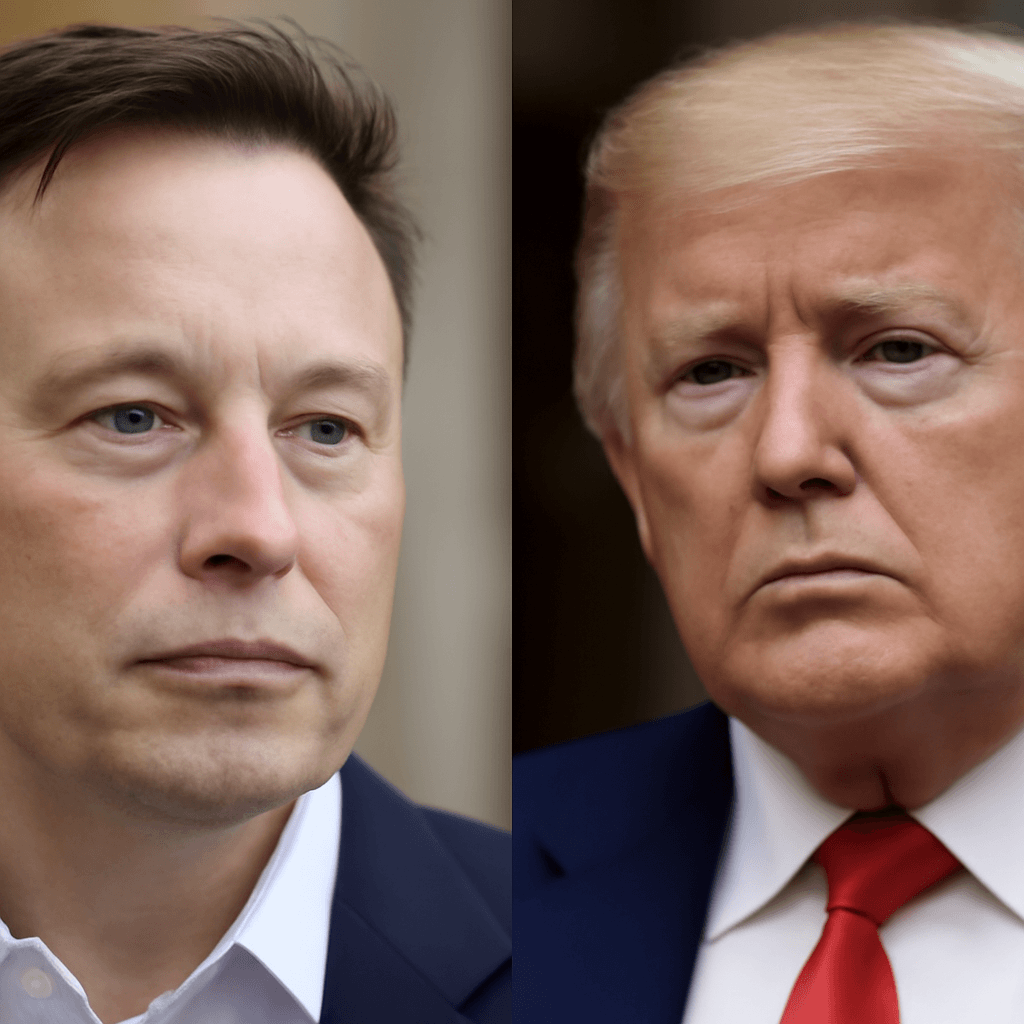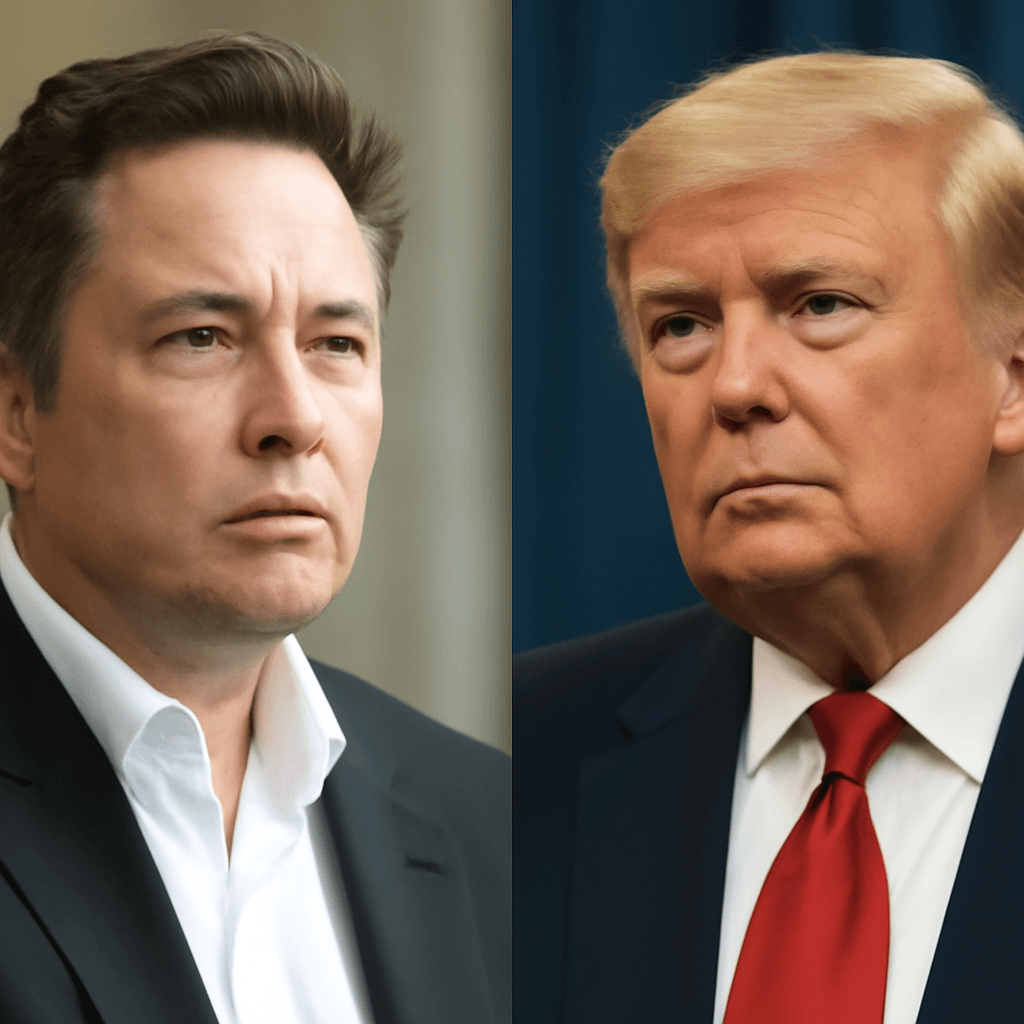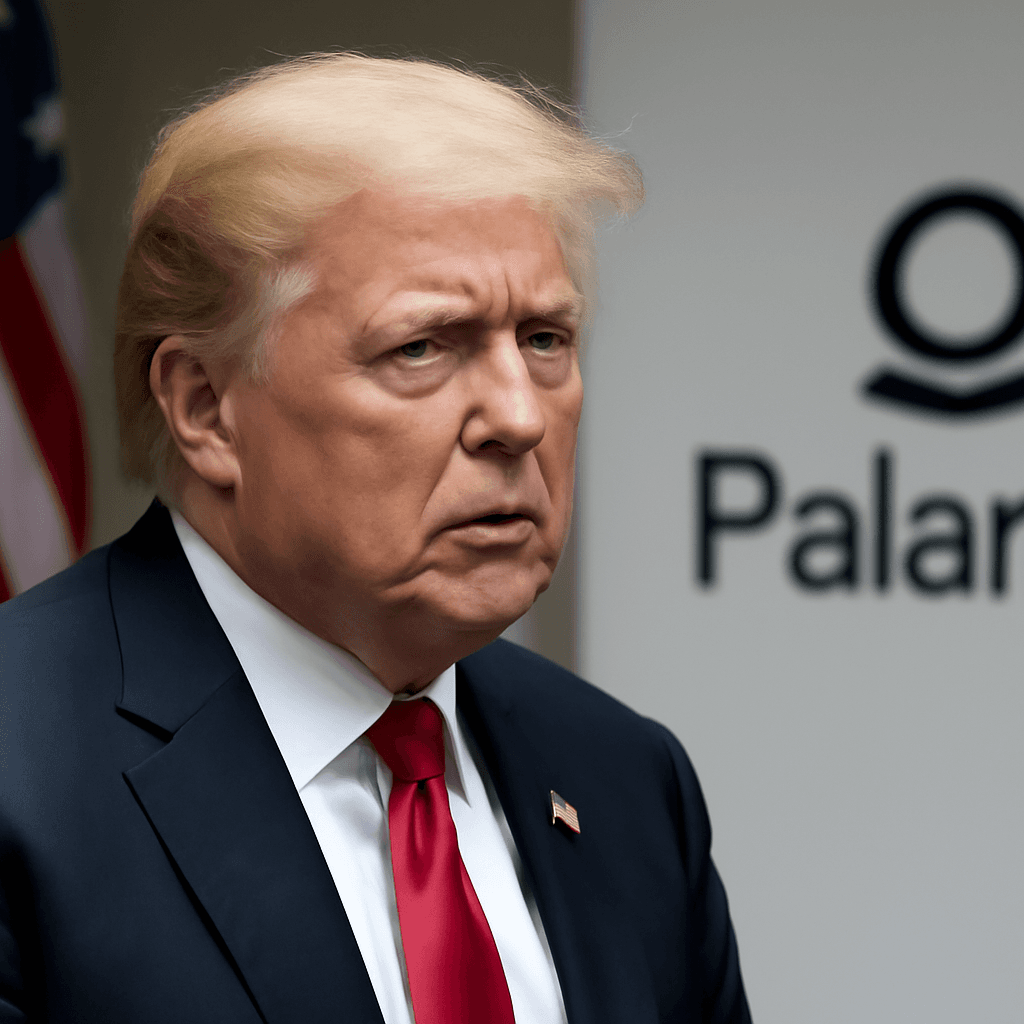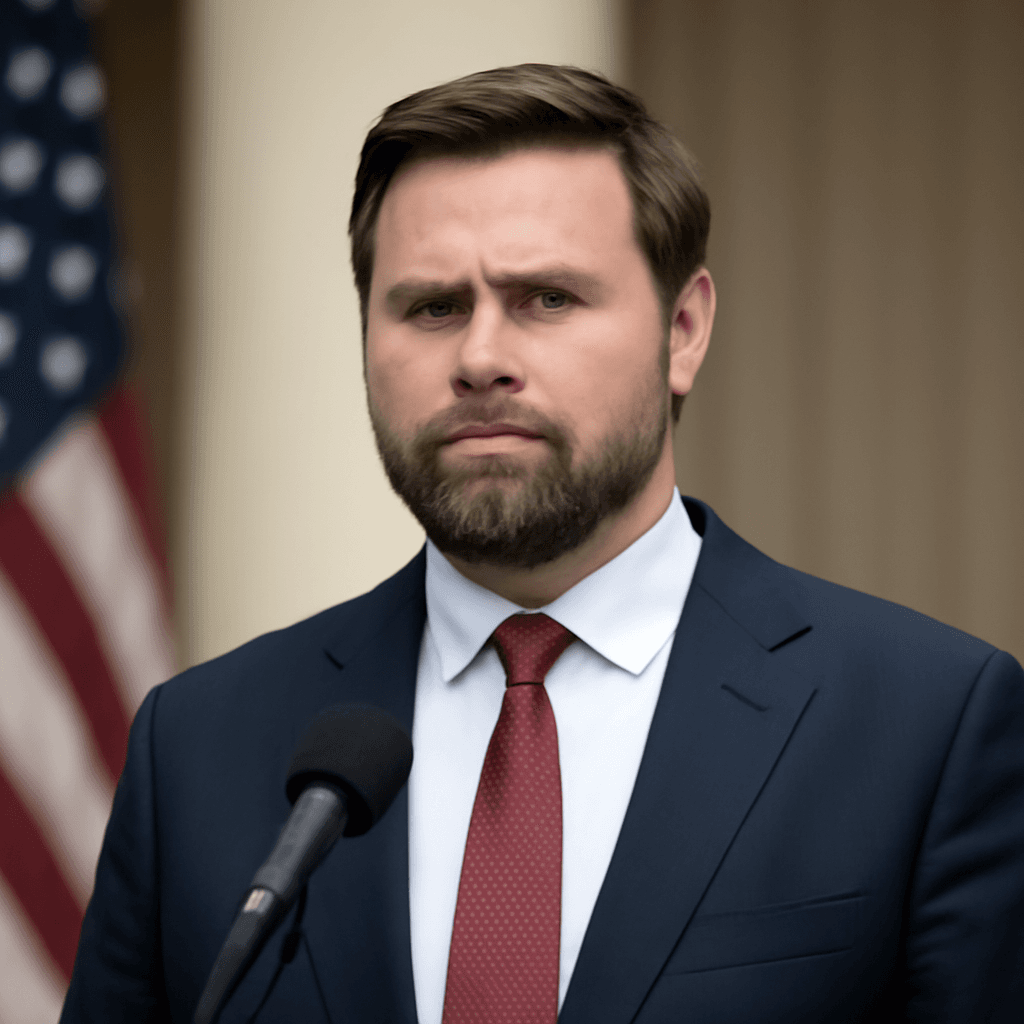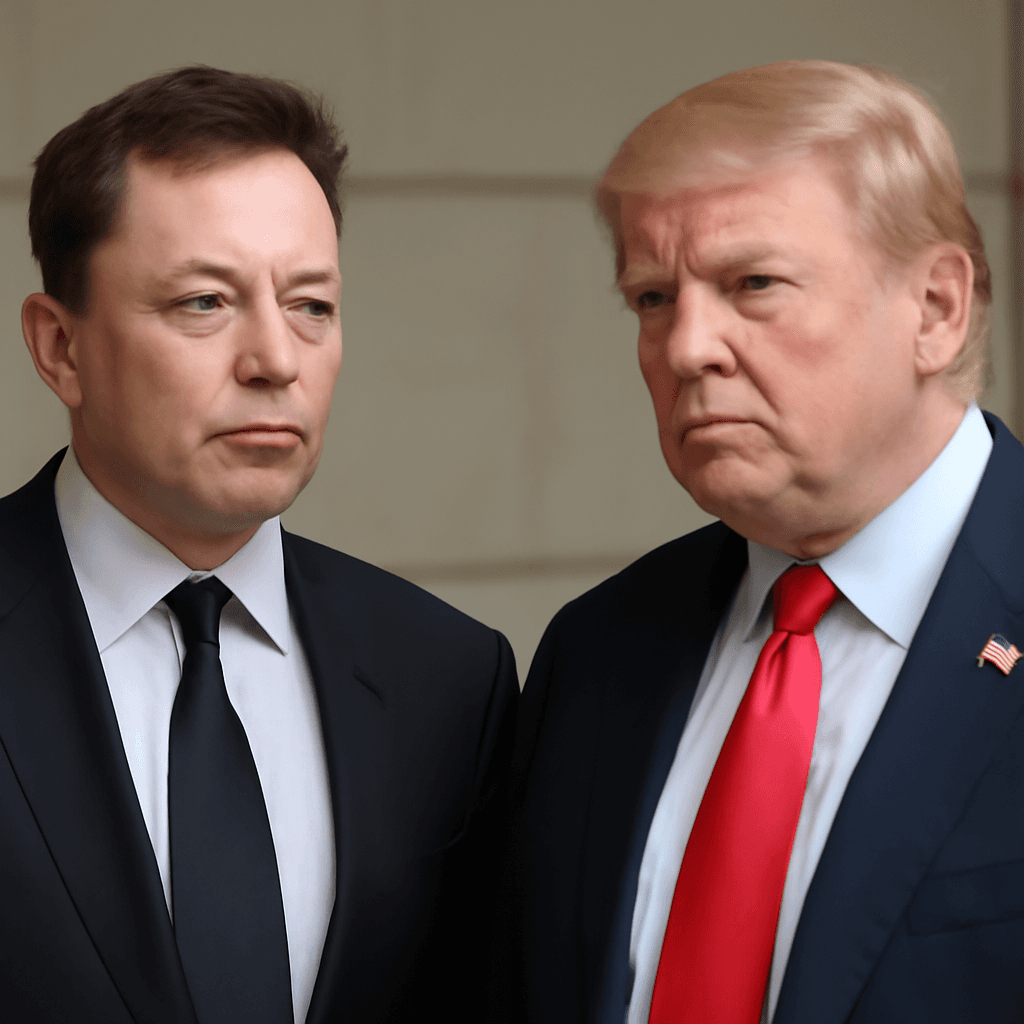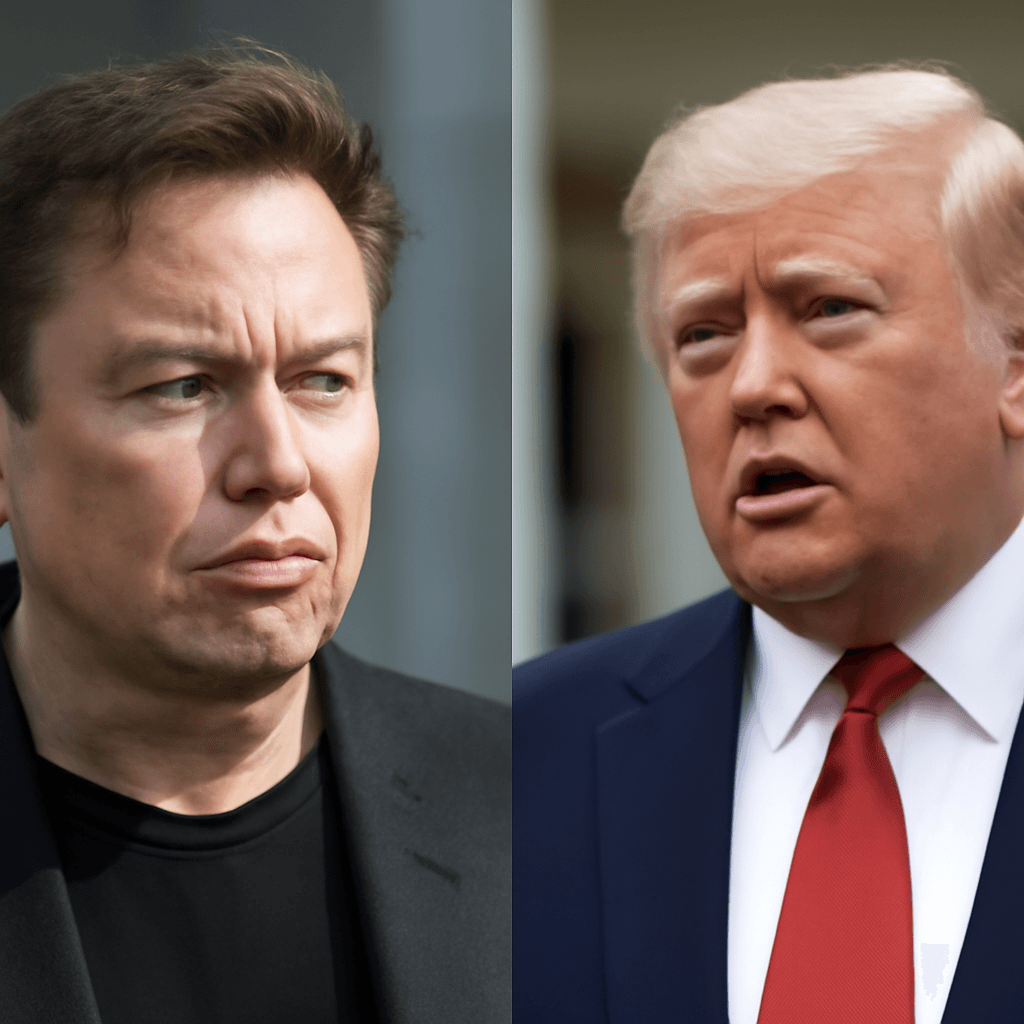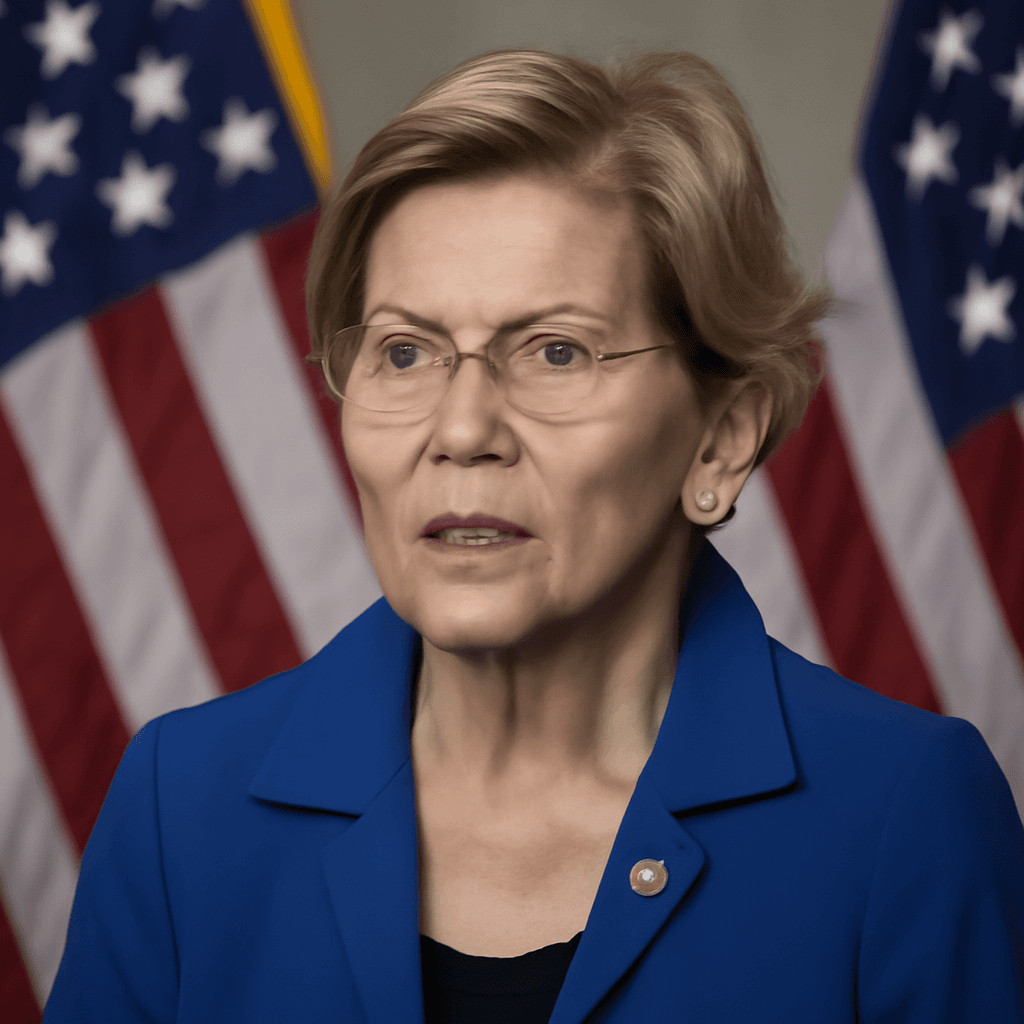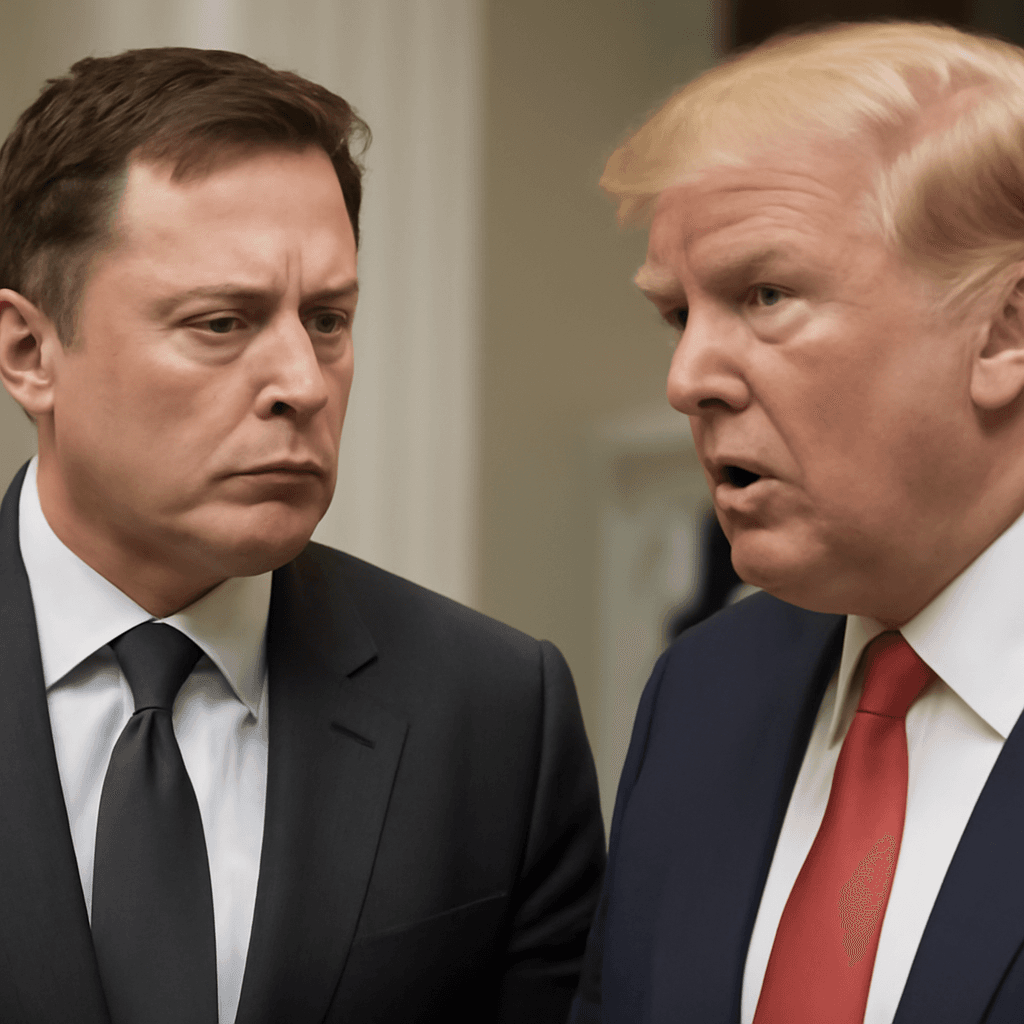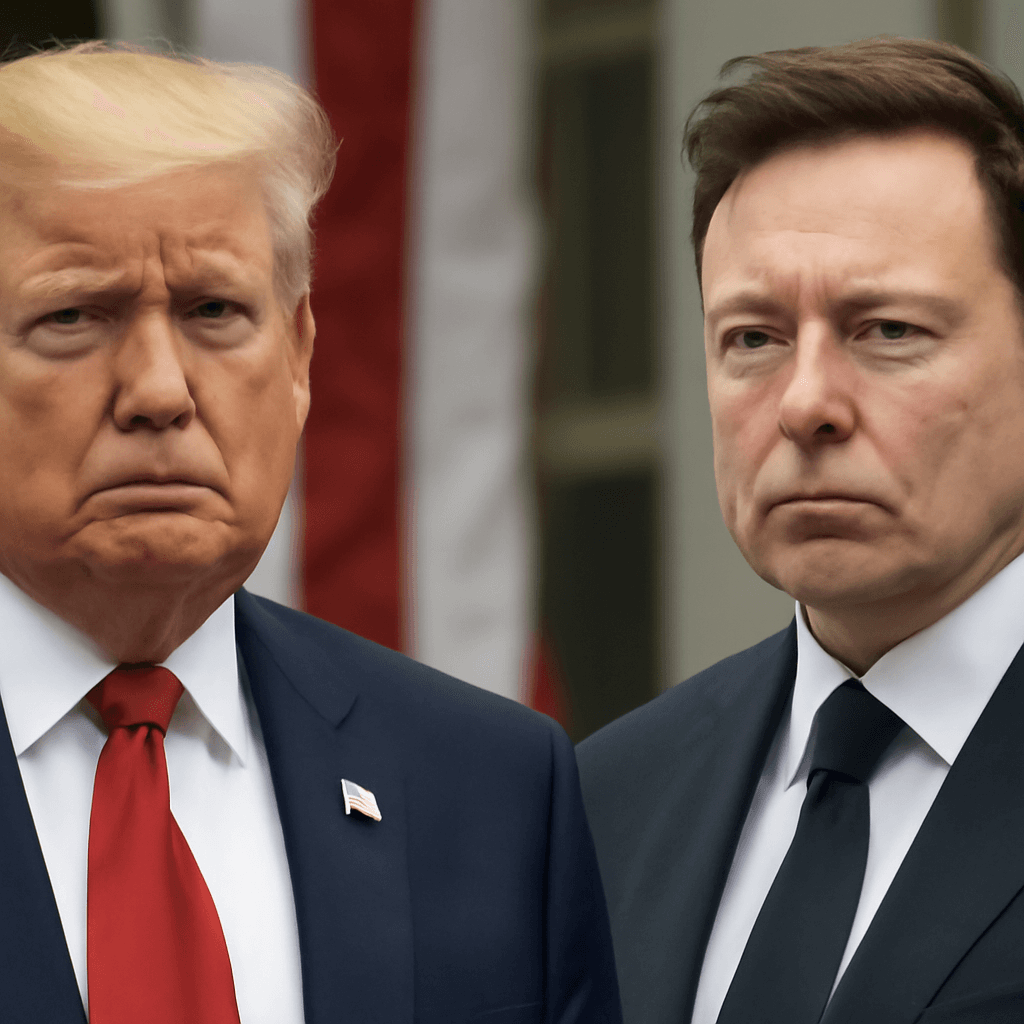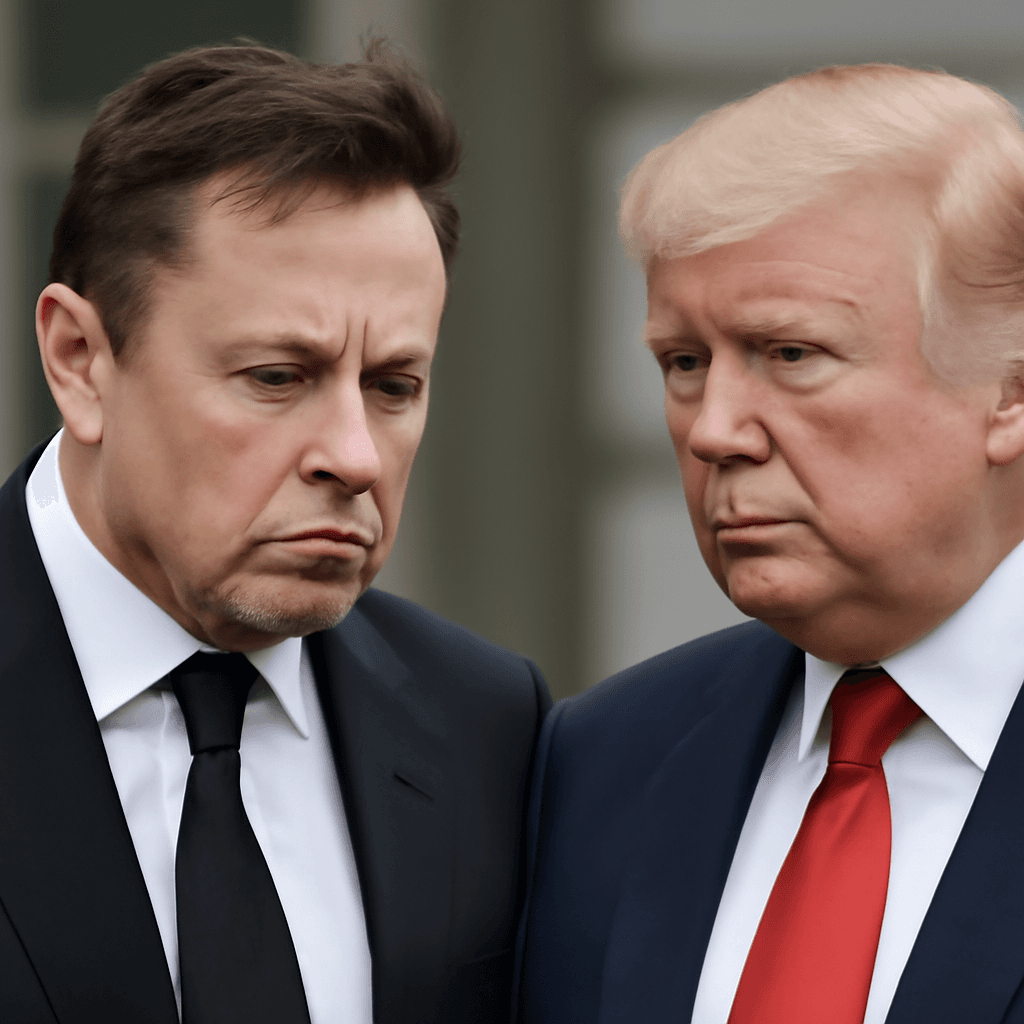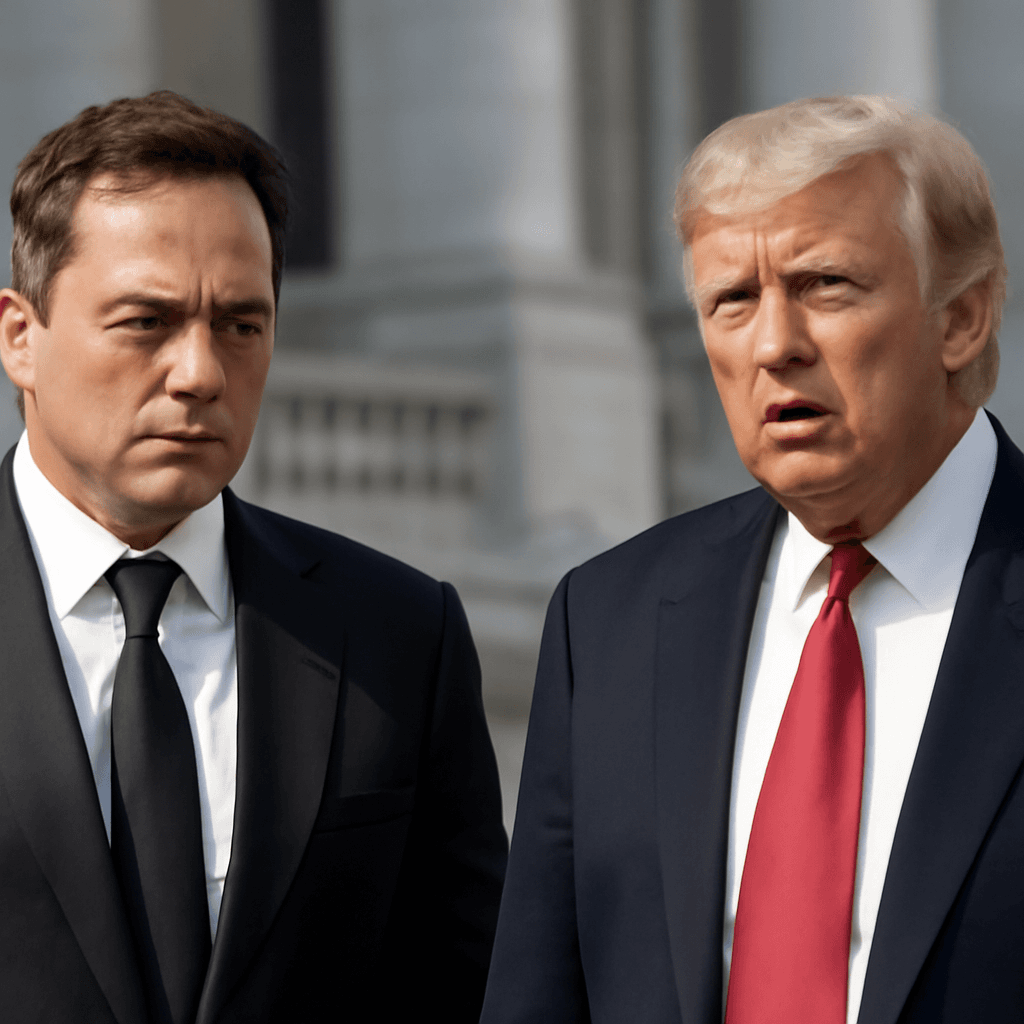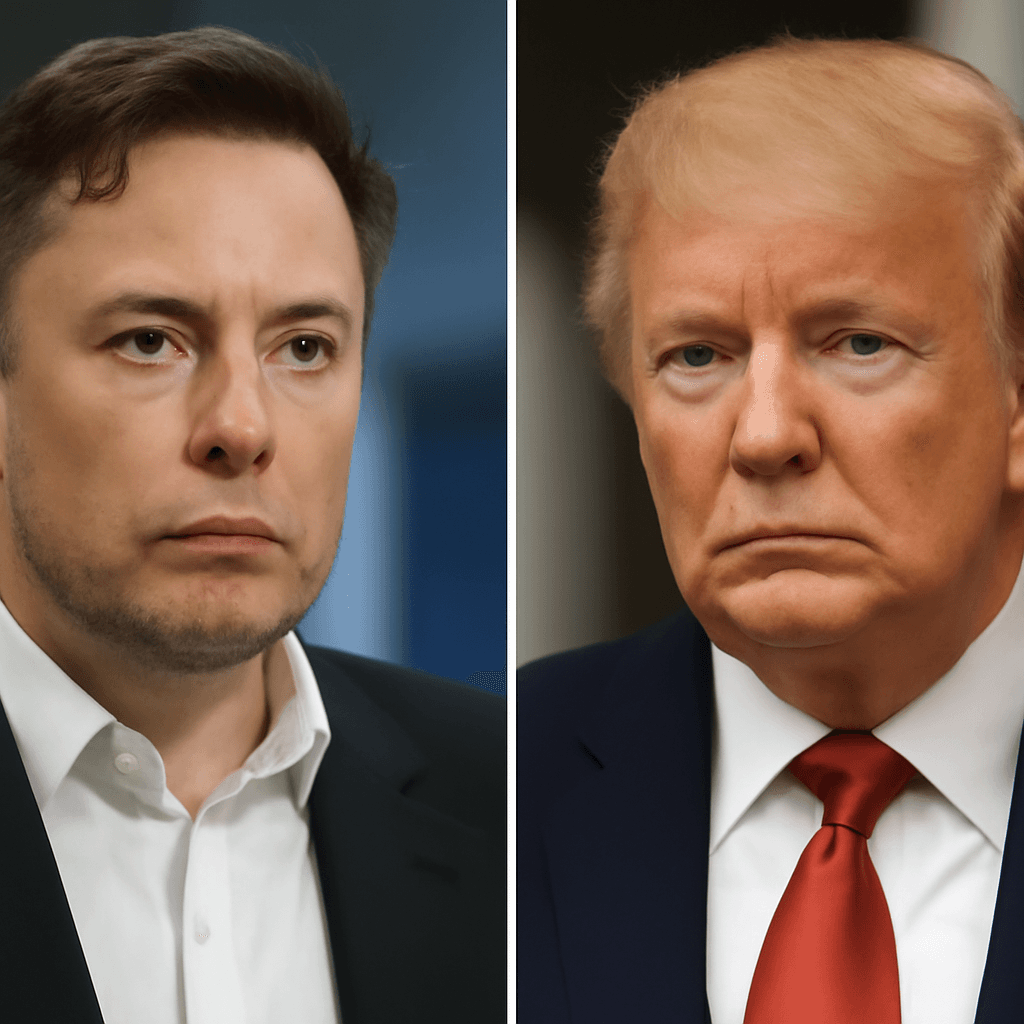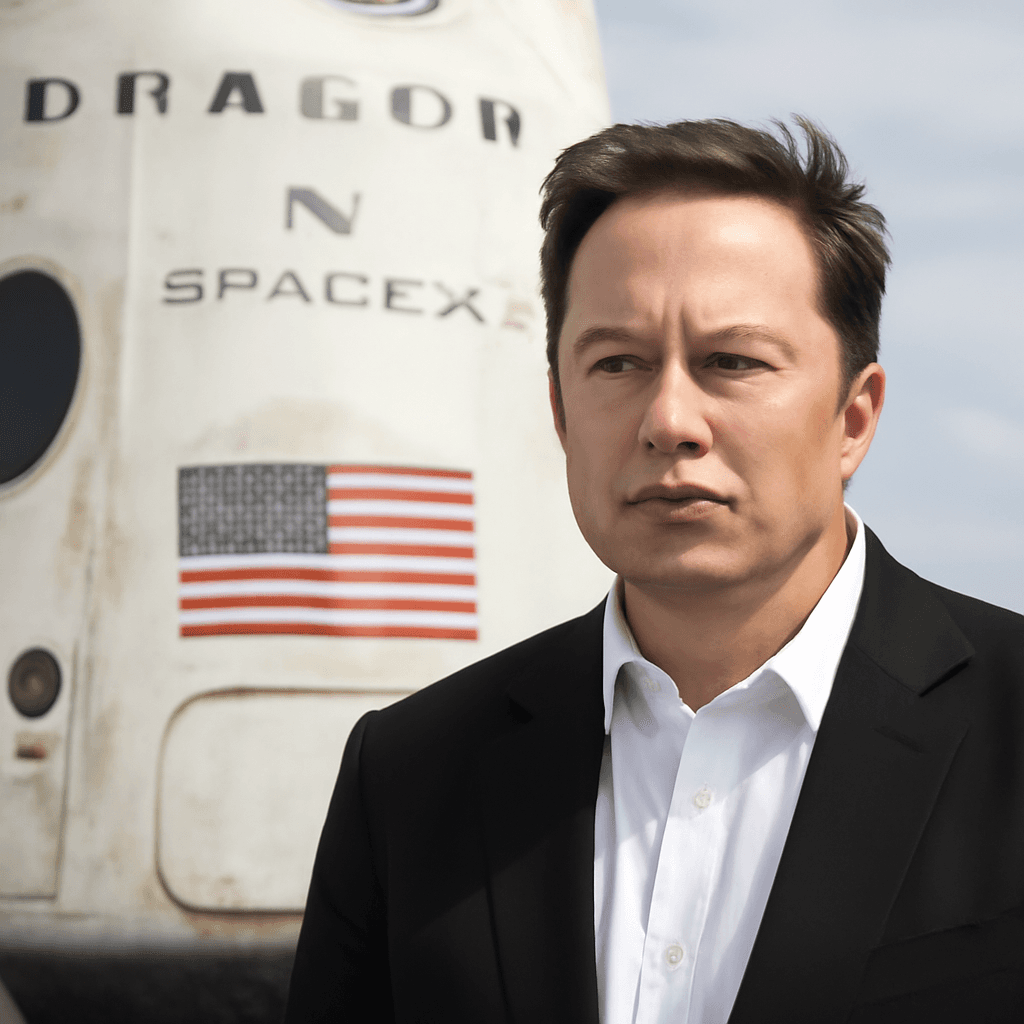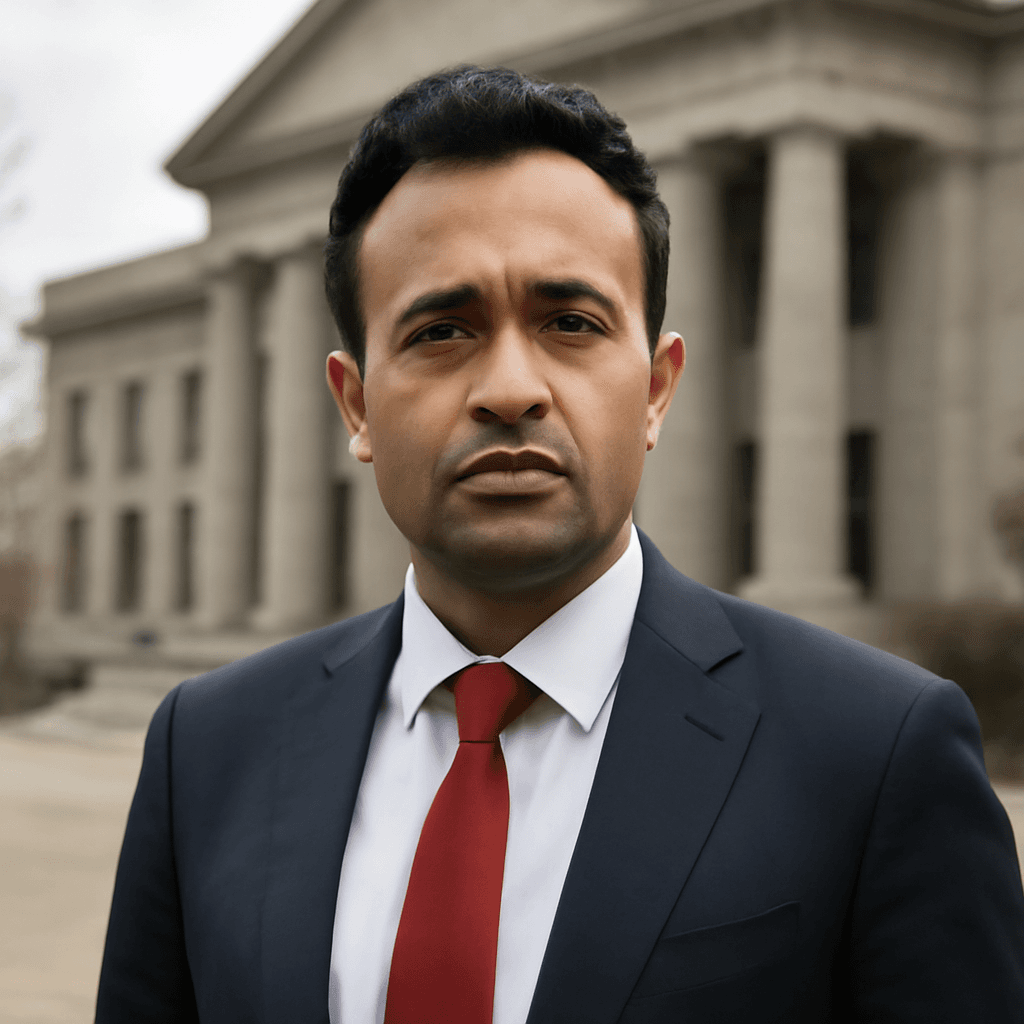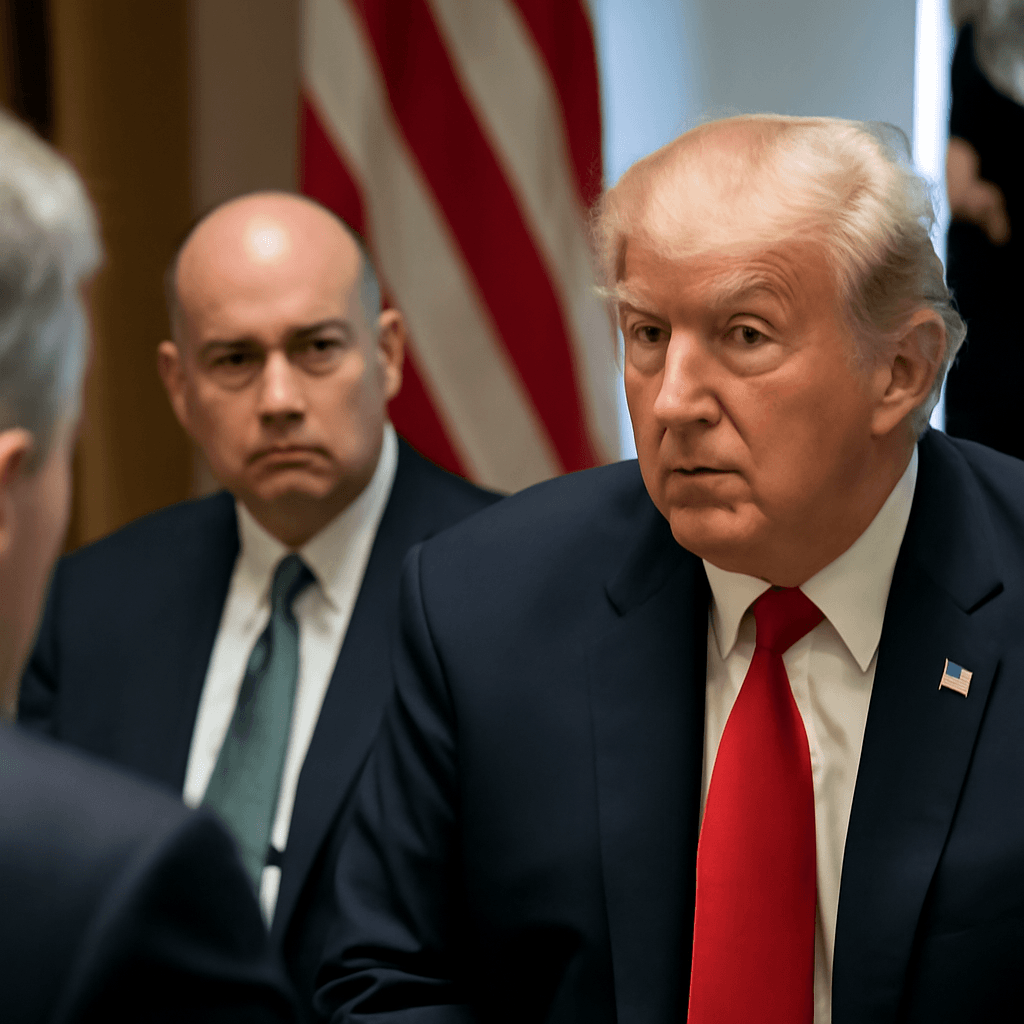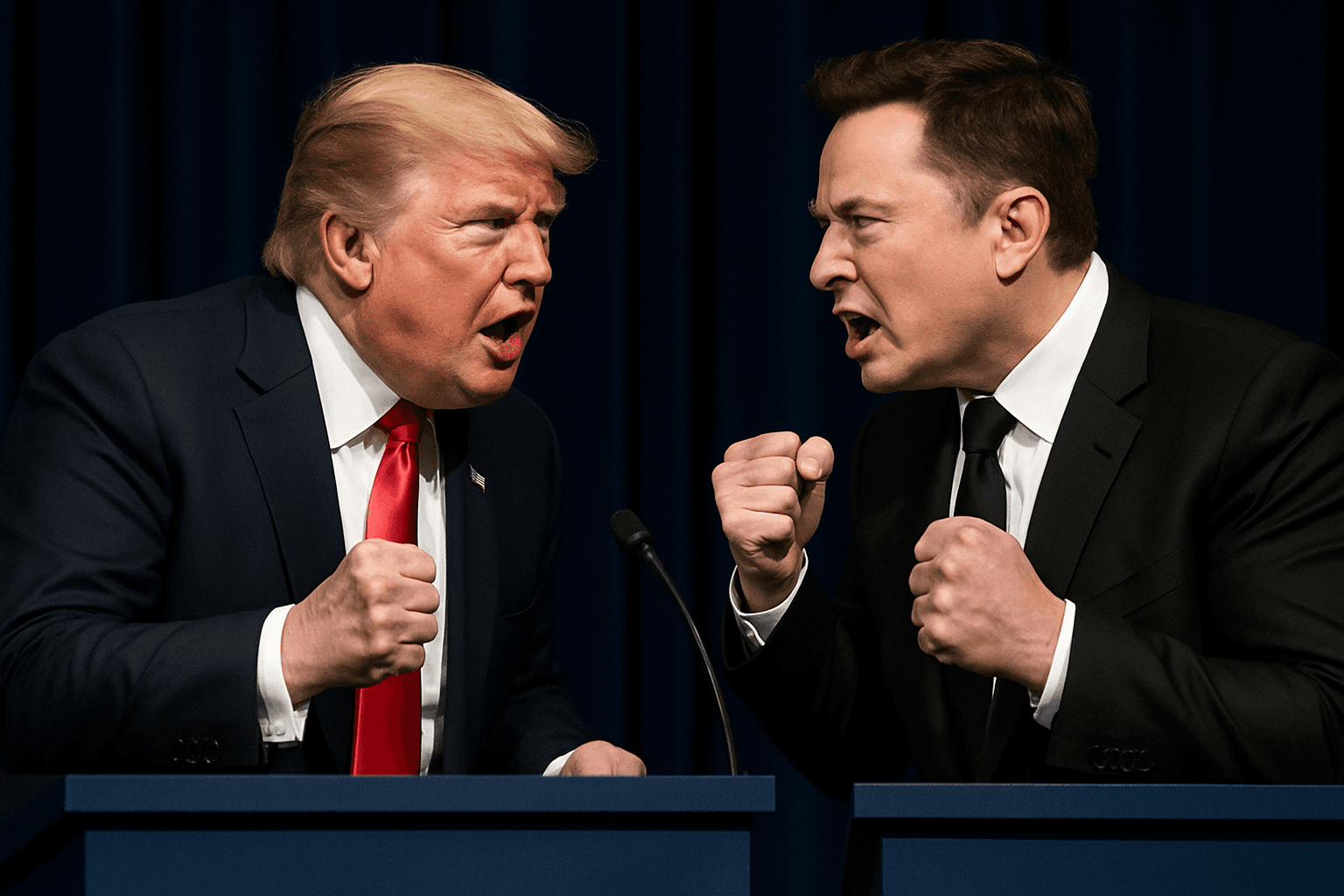How a High-Profile Fallout Between Musk and Trump Unfolded Rapidly
The recent public spat between Elon Musk, the world's richest man, and former US President Donald Trump has captivated social media, revealing a dramatic breakdown in their once-favorable relationship. Although Musk has somewhat dialed back his criticism by deleting some incendiary posts, Trump remains defiant, warning Musk of “very serious consequences” should he support Democrats in the upcoming 2026 mid-term elections.
The Spark Behind the Fire: One Big Beautiful Bill
The tension exploded over Trump’s ambitious One Big Beautiful Bill (OBBB), which proposes sweeping tax cuts potentially adding around US$3 trillion to the national debt. Musk, after stepping down as Trump’s advisor, condemned the bill as a “disgusting abomination” that would saddle Americans with unsustainable debt.
Trump fired back, recalling that he asked Musk to leave due to erratic behavior, calling him “crazy.” The feud escalated when Musk called for Trump's impeachment and made serious allegations related to the Epstein files. Though Musk later deleted those tweets, the damage to their rapport was undeniable.
Tracing the Roots of Their Alliance
Musk’s Political Journey
Initially reluctant to engage deeply in politics, Musk voted for Hillary Clinton in 2016 and Joe Biden in 2020. Yet by 2021, his political stance began shifting noticeably. Despite claiming non-alignment in early 2024, Musk’s endorsement of Trump came swiftly after an assassination attempt on the former president during a campaign rally.
However, Musk’s sympathies lay with the MAGA movement well before the incident, as revealed by his frequent engagement with far-right and conspiracy-driven content on Twitter/X. His opposition to diversity and inclusion policies also aligned closely with MAGA sentiments.
The Fusion of Ideology and Pragmatism
Musk's support was both ideological—ranging from tax cuts to immigration policies—and pragmatic. Trump gained the backing of a billionaire with unparalleled influence, while Musk secured unprecedented access to the White House and leadership of the newly created Department of Government Efficiency (DOGE).
The DOGE Experiment: Ambitious Cutbacks and Controversy
During Trump’s second term, Musk’s influence was omnipresent. At one point, he even resided at Mar-a-Lago to remain close to Trump. Musk promised DOGE would slash government spending by a staggering US$2 trillion.
His swift cuts hit departments like Veterans Affairs, Education, and the Consumer Financial Protection Bureau hard. Critics questioned whether an unelected billionaire held too much power, especially after Musk was seen reportedly making gestures interpreted as controversial salutes, sparking widespread backlash.
Trump Reins Musk In
Musk’s aggressive reforms soon faced pushback. As Trump’s appointees consolidated power, DOGE’s influence waned. By March, Trump curtailed Musk’s authority amid turbulent cabinet meetings. Simultaneously, Musk’s political involvement began to tarnish Tesla’s brand, leading to protests globally and a decline in its stock value.
Eventually, Musk stepped down from DOGE in May, claiming savings of US$180 billion—far below his initial target. The episode proved to be a rude awakening about the complexities of government reform compared to running a private company.
The Dramatic Collapse of Their Relationship
Though their split was publicly ceremonious—with Trump awarding Musk a symbolic golden key—their private disagreements ran deep, especially over the OBBB. Musk opposed the bill vehemently, fearing it would worsen national debt without realizing the anticipated government savings.
Trump, in turn, dismissed Musk’s objections as chiefly motivated by subsidy cuts to electric vehicles—a hit to Tesla. Yet, Musk favors ending subsidies altogether, suggesting his frustration stems more from feeling exploited by Trump than financial implications.
Looking Ahead: What Lies in Store?
Trump has a history of using and discarding power players, and Musk, despite his fortune and influence, may face challenges if pushing back further. His reputation and companies have already suffered, making continued public feuds risky.
Over the weekend, Musk hinted at the possibility of reconciliation, a move likely welcomed by Tesla investors anticipating a return to business focus.
Beyond individual personalities, this saga shines a spotlight on the growing intersection of immense wealth and political power. For democracy, the spectacle is unsettling—citizens increasingly relegated to observers in a billionaire-driven power play where the ultimate loser could be democratic governance itself.

